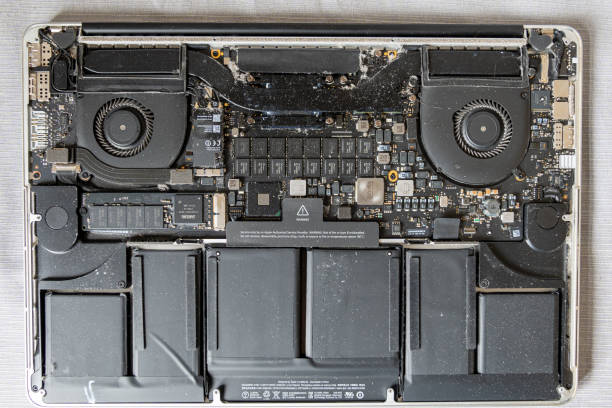There are many things that you need to consider before you make a purchase as well as a few tips that will make your life easier both during the sales process and after you get your new house.
1. First-Time Home Buyer Guide
First, the good news is that first-time home buyers can get help from state programs, tax breaks, and federally backed loans. You may even qualify as a first-time buyer even if you’re not a novice, as long as you meet certain conditions.
After you did your homework on that front, it’s time to answer some questions to narrow down your big-picture home ownership goals.
Assess your finances
Before you fall in love with a dream house, you need to make sure you can afford it. You need to look at your savings, review your spending and check your credit.
What kind of home are you looking for?
You need a home that will suit your needs. Do you want a duplex, a townhouse, a condo – the opportunities are almost endless, and each comes with its pros and cons. You should also weight in all the costs of owning a home.
What features do you want your house to have?
You should make a list that should include basic desires, like size and neighborhood, all the way to specific details like the layout and smart devices.
How much of a mortgage can you get and how much are you willing to get?
You need to have an idea how much a lender will be willing to loan you. You don’t want to fall in love with a house only to find out you cannot afford it. In deciding how big a loan you should take, you’ll want to look at the house’s total cost, not just the monthly payment, including the costs of improving the house as well as closing costs.
The buying process
Once your finances are in order and you find a house you want to buy, our real estate agent will help you decide on how much you should offer, along with any conditions you want to ask for. Again, you need to think ahead as you should factor in estimated closing costs which can total anywhere from 2% to 5% of the purchase price and any immediate repairs. Before buying a home, it is wise to inquire about a energy audit which will tell you loads about the efficiency of the home. It could reveal poor insulation or leaks and you can also inquire about what the estimate Direct Energy gas bills you’ll be in for.
If you reach an agreement, you’ll make a good-faith deposit that transitions into 30 days of Escrow. During this time, the seller will take the house of the market and you commit to buying it provided no serious problems have been found during inspection. Serious defects won’t necessarily break a deal – you can negotiate to have the seller do the repairs or discount the selling price. After the inspection, you should be ready to close.
2. First-Time Home Buyer Tips and Mistakes
Here are some common mistakes to avoid so you don’t end up with buyer’s remorse later.
Talking to only one lender
By doing this, many first home buyers throw thousands of dollars out the window. The more you shop around, the better as you can ensure you are getting the right deal and lowest rate possible. Compare different mortgage rates and fees.
Getting a house you cannot afford
Overextending yourself is never a good idea. Whatever happens, you need to stick to your budget. It might take more time to find your dream house, but you will find it.
Spending all your savings
This is one of the biggest first-home buyer mistakes as nothing is worth the risk of living on the edge.
Fixating on the house
A beautiful house in a terrible neighborhood will eventually lead to a scenario where you end up hating the house too. You need to consider all the factors and find the right house and the right location and the right neighborhood.
Making decisions based on emotions
It’s easy to get wrapped up emotions as this is a major milestone but you must not forget you are also making one of the largest investments in your life.
Takeaway
Buying a home is still considered a key aspect of the American dream. As a first-time buyer, the state will actually help you make that dream come true. The more you educate yourself about the process beforehand, the less stressful it will be, and the more likely you will be able to negotiate a good deal.

